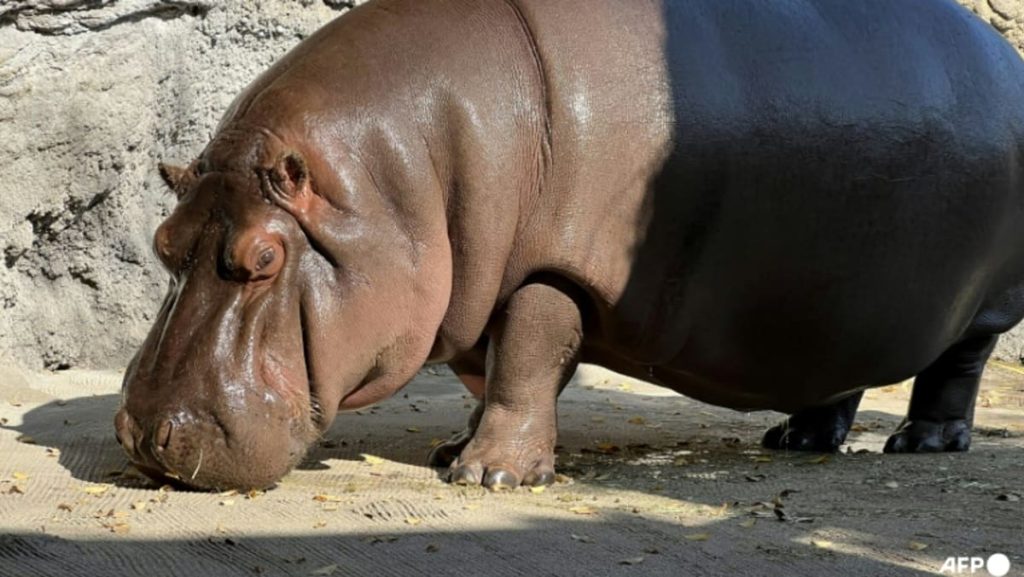ls had identified the hippo as male based on its appearance. However, after observing the hippo closely for several years, the zookeepers at Osaka Tennoji Zoo realized that it was actually a female due to its shape and behavior. This discovery came as a surprise, as the staff had believed the hippo to be male for seven years.
The hippopotamus’s misidentification highlights the complexities of gender determination in animals, as well as the limitations of relying solely on physical characteristics. Despite being experts in their field, the zookeepers were initially mistaken about the hippo’s gender, showcasing the challenges of accurately determining the sex of some animals. This case serves as a reminder of the importance of thorough observation and examination when identifying the gender of animals.
The news of the hippopotamus’s true gender has sparked interest and amusement among zoo visitors and animal enthusiasts. Many are intrigued by the unexpected revelation and are eager to learn more about the hippo’s behaviors and characteristics as a female. The zoo has taken this opportunity to educate the public about the complexities of gender in animals and the importance of accurate identification.
The revelation of the hippo’s true gender has also raised questions about the nature of masculinity and femininity in the animal kingdom. The fact that the hippopotamus was originally misidentified as male due to its appearance and behavior challenges preconceived notions about gender roles in animals. This case serves as a reminder that gender is not always as straightforward as it may seem and that animals can exhibit a range of behaviors and characteristics regardless of their sex.
The zookeepers at Osaka Tennoji Zoo have embraced the hippopotamus’s true gender and are adjusting their care and management strategies accordingly. They are providing the hippo with the appropriate support and resources needed to thrive as a female in their environment. This shift reflects the zoo’s commitment to providing the best possible care for all of their animals, regardless of gender or appearance.
Overall, the discovery of the hippopotamus’s true gender serves as a fascinating and thought-provoking example of the complexities of gender identification in animals. It highlights the challenges and limitations of relying solely on physical characteristics when determining an animal’s sex and serves as a reminder of the importance of thorough observation and examination. The zookeepers at Osaka Tennoji Zoo have embraced this revelation and are committed to providing the hippopotamus with the support and care needed to thrive as a female in their environment.















